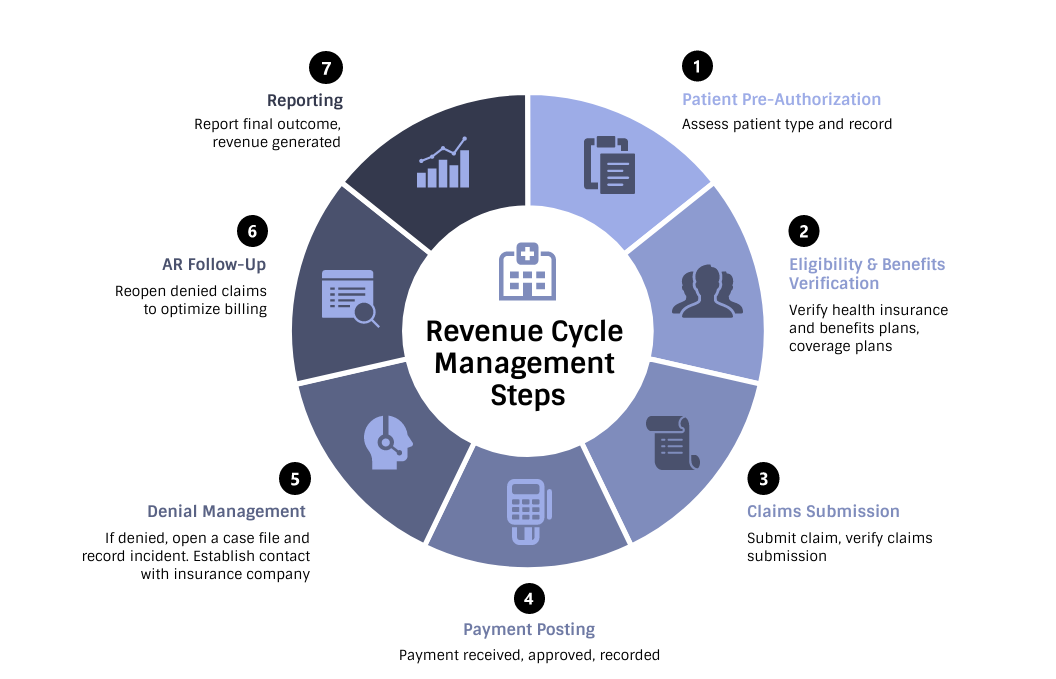The healthcare industry is constantly evolving, largely due to the ever-changing regulatory landscape. These regulatory changes can significantly impact the Revenue Cycle Management (RCM) process, a financial process used by healthcare providers to manage payments, billing, and revenue generation.
With the complex nature of these changes, many providers are starting to outsource RCM to ensure compliance and optimise revenue collection.
The Regulatory Landscape and Its Impact on Revenue Cycle Management (RCM)
Regulatory changes can emerge from various sources, such as federal or state governments, or industry-specific bodies. These changes could include updates to billing codes, modifications to payment models, new compliance requirements, or changes in patient privacy laws.
Such changes significantly impact Revenue Cycle Management as they directly influence how healthcare providers bill for their services, how much they get paid, when they receive payment, and what they need to do to remain compliant. Failing to stay abreast of these changes can lead to billing errors, claim denials, non-compliance penalties, and ultimately, revenue leakage.
For example, the transition from ICD-9 to ICD-10 coding system significantly impacted healthcare Revenue Cycle Management (RCM). The ICD-10 codes are far more specific and numerous than ICD-9 codes, requiring providers to be more precise in their coding. These changes necessitated providers to update their billing systems and retrain their staff, impacting their RCM process.
The Role of Outsource RCM
Given the complexities and consequences associated with regulatory changes, many healthcare providers are choosing to outsource RCM. Outsourcing allows providers to leverage the expertise of RCM specialists who are well-versed with the latest regulatory changes and equipped with advanced RCM tools.
Outsource RCM partners stay updated with regulatory changes, ensuring that the healthcare providers’ billing, coding, and other RCM processes are compliant. They also help providers avoid common billing errors that could lead to claim denials or delays.
For instance, with the introduction of the Medicare Access and CHIP Reauthorization Act (MACRA), many healthcare providers faced challenges in understanding and implementing the new payment models. RCM outsourcing companies played a critical role in helping providers navigate these changes, ensuring compliance and optimizing revenue.
Conclusion
Regulatory changes in the healthcare industry are inevitable and can significantly impact a provider’s Revenue Cycle Manag ement (RCM) process. By choosing to outsource RCM, healthcare providers can navigate these changes more efficiently, ensuring compliance, minimising billing errors, and optimising their revenue cycle.
As the regulatory landscape continues to evolve, the role of Regulatory changes in the healthcare industry are inevitable and can significantly impact a provider’s Revenue Cycle Management process (RCM) outsourcing will only grow more crucial in the healthcare industry.
Keywords: 13 steps of revenue cycle management, revenue cycle management team, revenue cycle management systems
⚠ Article Disclaimer
The above article is sponsored content any opinions expressed in this article are those of the author and not necessarily reflect the views of CTN News









